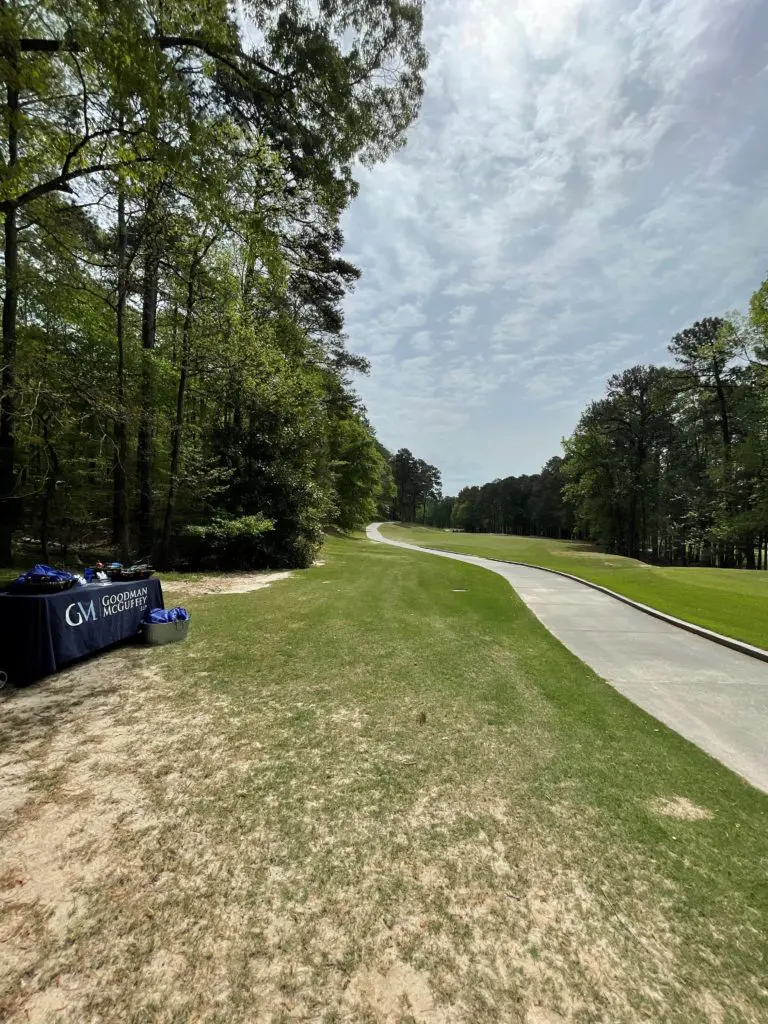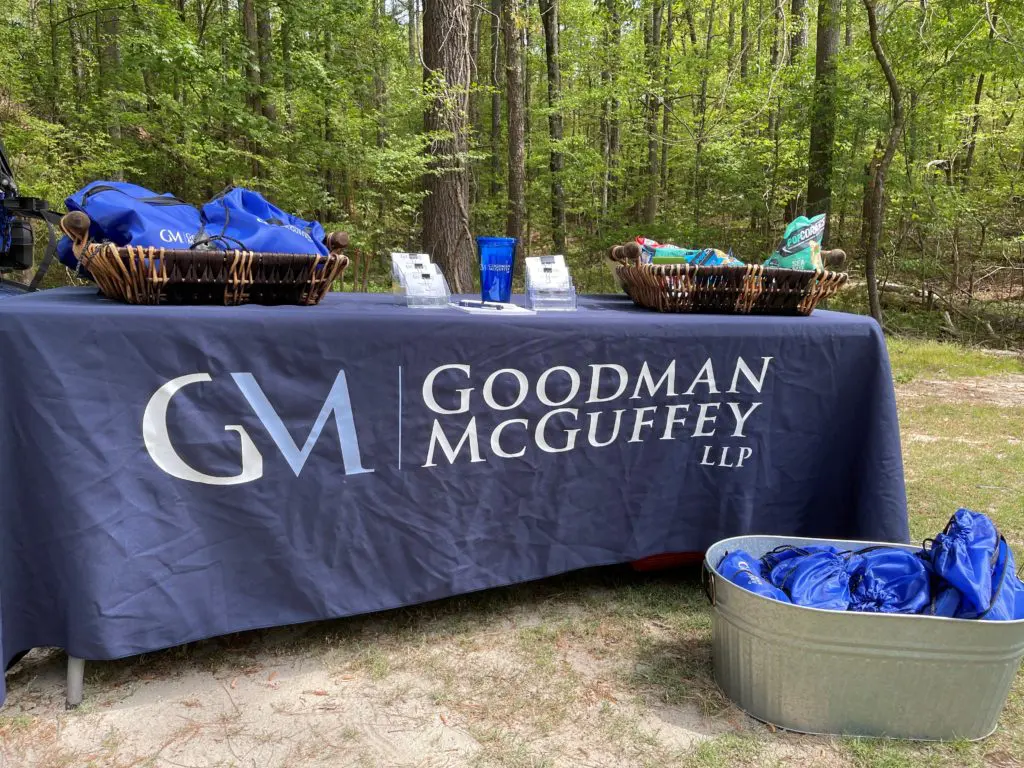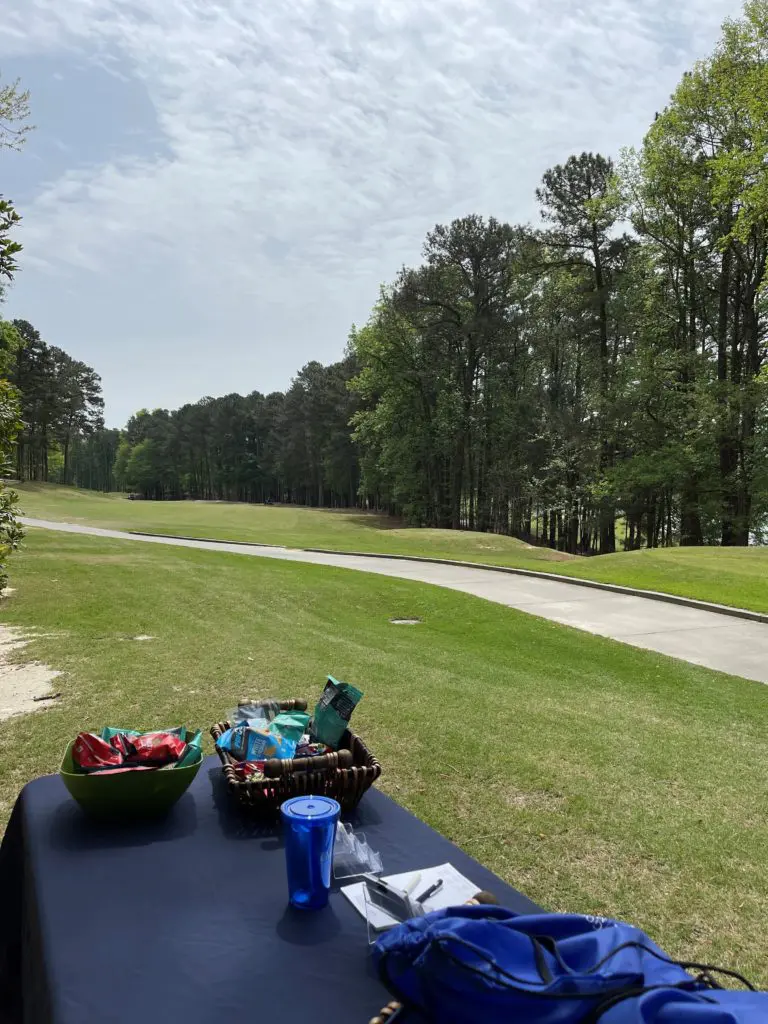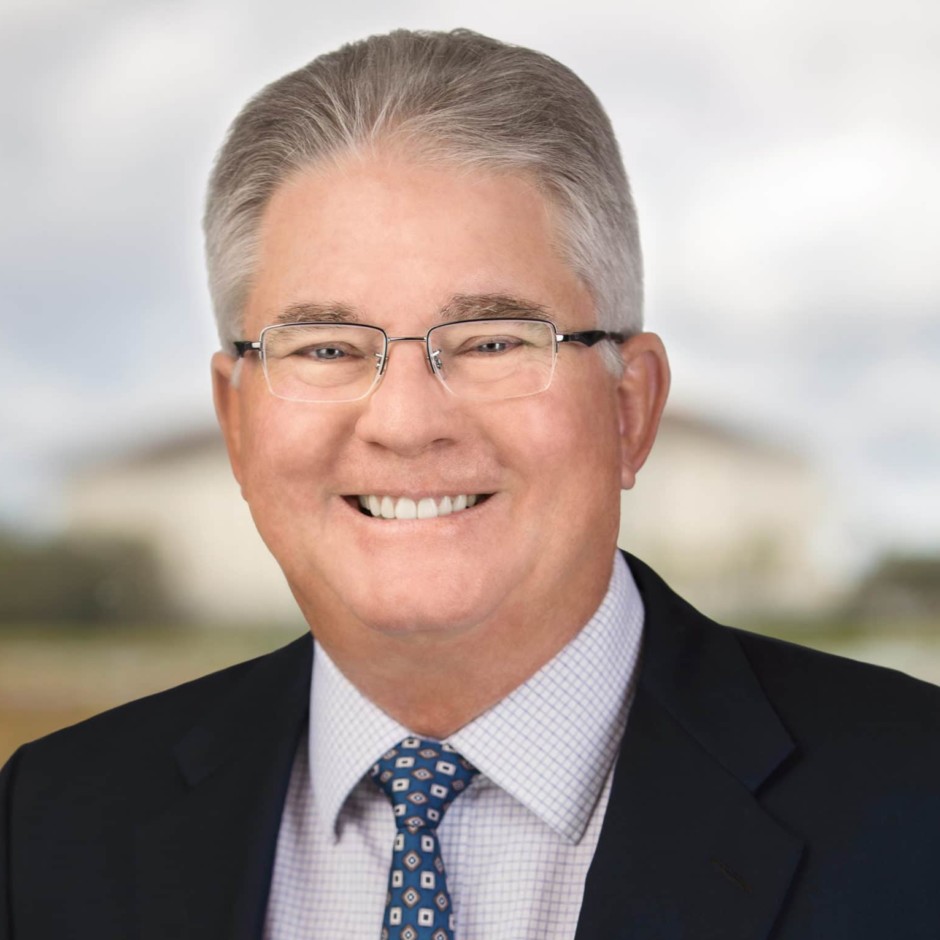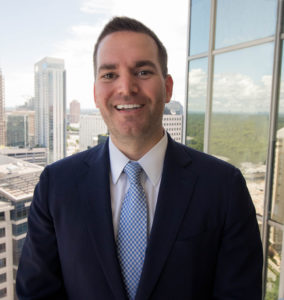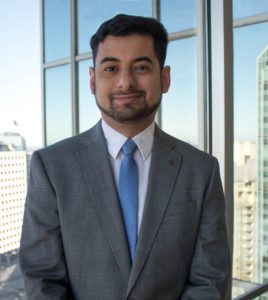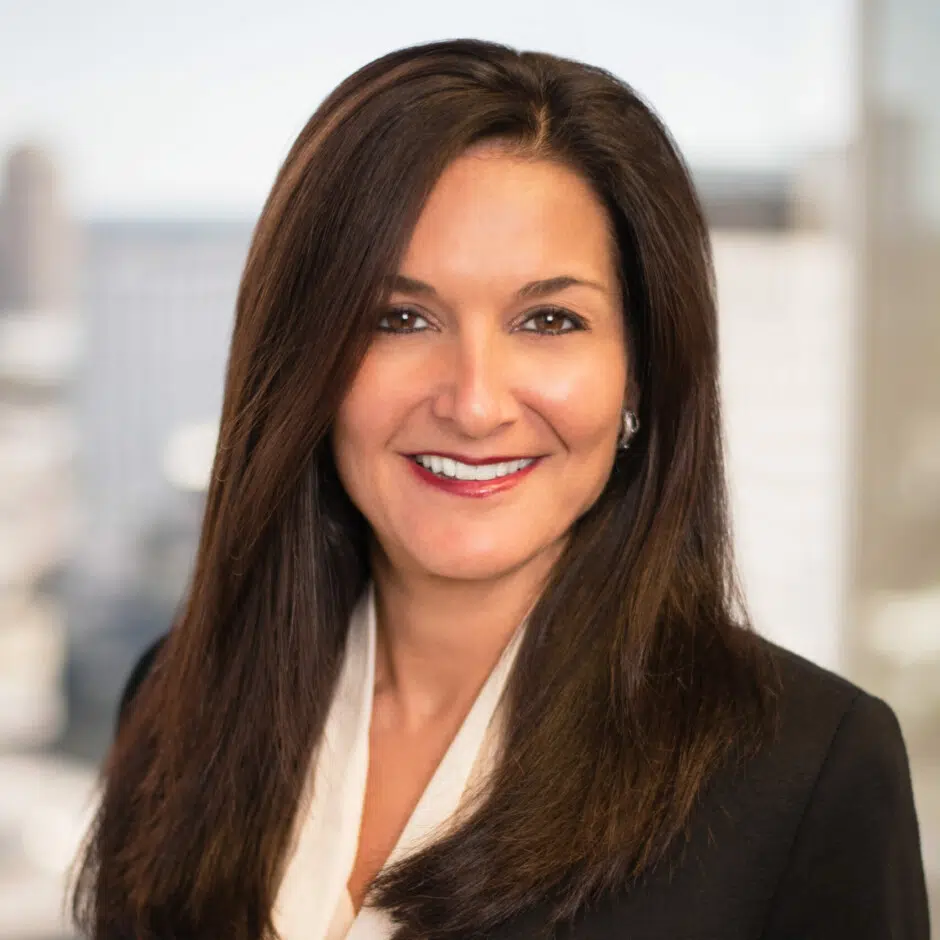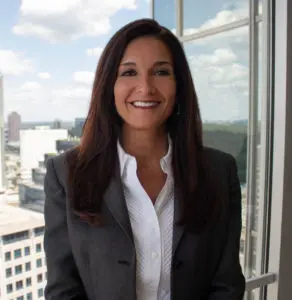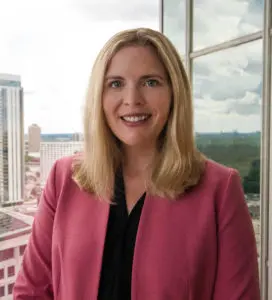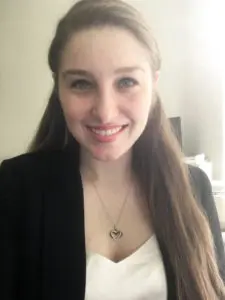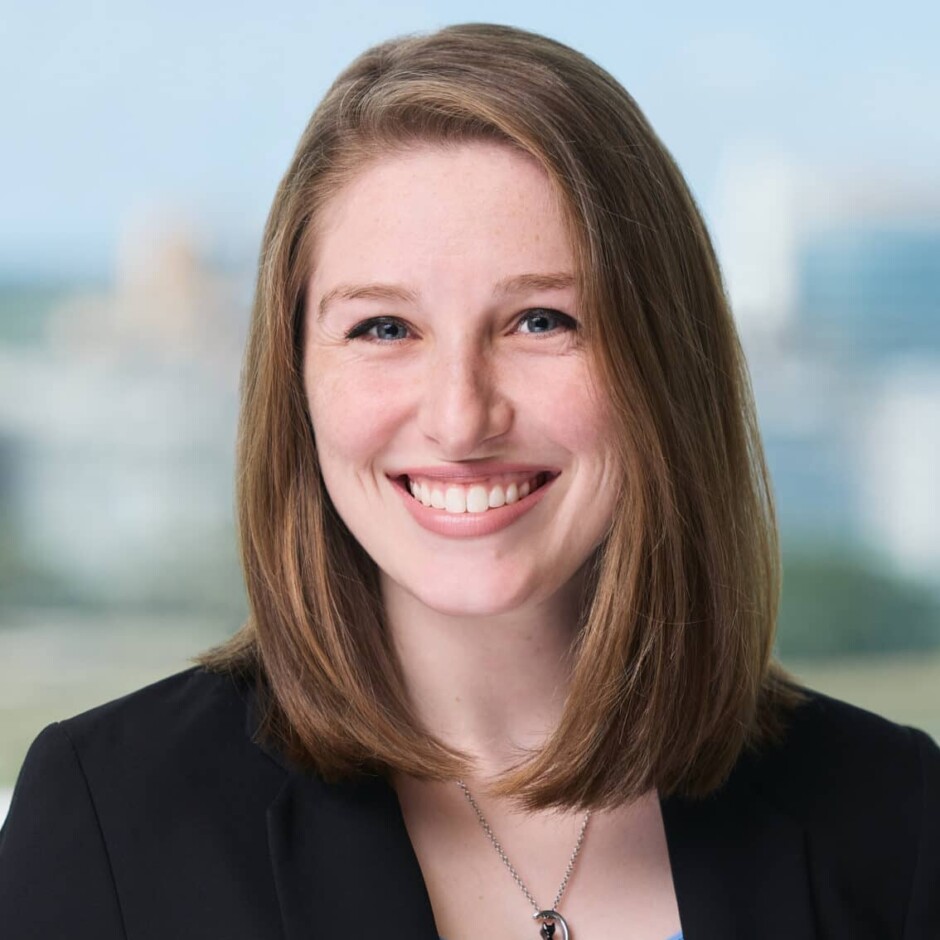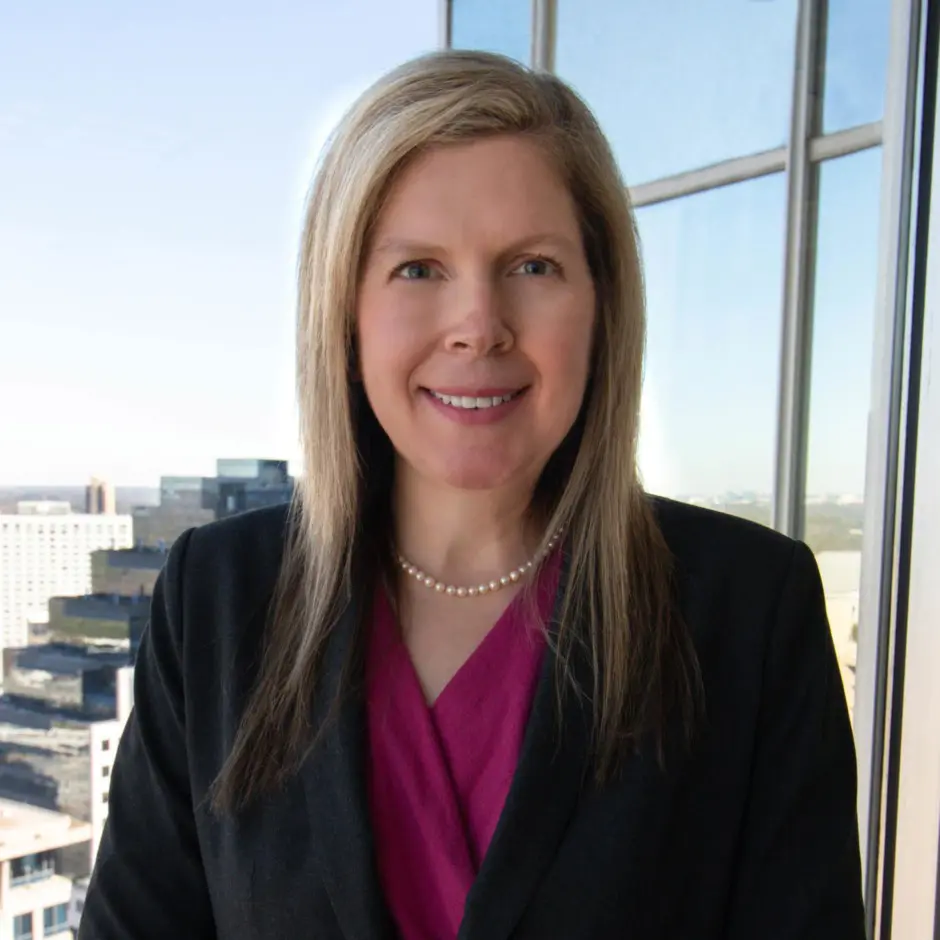Are Treble Damages Available to Plaintiffs in Public Nuisance Actions Against Property Owners Under the Georgia Street Gang Terrorism and Prevention Act? The Impact of Star Residential, LLC v. Hernandez
In Star Residential, LLC, v. Hernandez, Hernandez sued Terraces at Brookhaven, LLC, and Star Residential, LLC, who together owned and operated the apartment complex where Hernandez lived, after he was shot in an unprovoked attack and robbery. Hernandez asserted a claim of negligent security/premises liability; a nuisance claim under the Georgia Street Gang Terrorism and Prevention Act (“GSGTPA”); and negligence per se for local public nuisance ordinances. Star Residential, LLC v. Hernandez, 354 Ga.App. 629, 629, (2020).
Hernandez alleged in his complaint,
“criminal activity and numerous shootings were the result of gang activity at his apartment complex; the complex was used by criminal street gangs for the purpose of conducting gang activity; lack of adequate security provided by the complex’s operator and owner ‘enabled criminal street gangs to overtake the property to the point that residents were exposed to living in an environment that was equivalent to a ‘war zone’ and as a proximate result of the dangerous conditions maintained by Defendants at his apartment complex, Hernandez was injured by criminal street gang activity.”
Star Residential, LLC, at 634 (2020). Defendants moved to dismiss the claims based on GSGTPA, and the local nuisance ordinances. Star Residential, LLC, at 629 (2020). The trial court denied their motion, but the Court of Appeals granted their application for interlocutory review. Id. “Defendants argue that the language of the GSGTPA does not apply to the claim against them in this case because they merely own and operate the property, and Hernandez does not allege that the Defendants were involved in the shooting.” Star Residential, LLC, at 630 (2020). The Court of appeals analyzed the statutes relevant to Plaintiff’s causes of action.
“Criminal gang activity” is broadly defined in O.C.G.A. § 16-15-3(1) and the statutes criminalizing said activity have been upheld as constitutionally valid by the Georgia Supreme Court. See In re K.R.S., 284 Ga. 853, 672 S.E.2d 622 (2009). A “criminal street gang” is defined as “any organization, association, or group of three or more persons associated in fact, whether formal or informal, which engages in criminal gang activity.” O.C.G.A. § 16-15-3(3). “Any real property which is … used by any criminal street gang for the purpose of conducting criminal gang activity shall constitute a public nuisance and may be abated as provided by Title 41 relating to nuisances.” O.C.G.A. § 16-15-7(a). “… If a public nuisance in which the public does not participate causes special damage to an individual, such special damage shall give a right of action.” O.C.G.A. § 41-1-3. “…A public nuisance may be abated upon filing of a complaint by any private citizen specially injured.” O.C.G.A. § 41-2-2.
Any person who is injured by reason of criminal gang activity shall have a cause of action for three times the actual damages sustained and, where appropriate punitive damages; … Such person shall also recover attorney’s fees in the trial and appellate court and costs of investigation and litigation reasonably incurred. All averments of a cause of action under this subsection shall be stated with particularity. No judgment shall be awarded unless the finder of fact determines that the action is consistent with the intent of the General Assembly as set forth in Code Section 16-15-2.[1]
O.C.G.A. § 16-15-7(c).
The Court of Appeals noted the fact that the statute is silent “as to the nature of the cause of action or the intended defendant of such an action.” Star Residential, LLC, at 633 (2020). However, the Court of Appeals affirmed the trial court’s decision.
[I]t appears plain that the violent injury Hernandez alleges he received falls within [criminal gang activity]. The statute is also explicit that it is for the factfinder to determine whether the action is consistent with the legislative intent expressed in OCGA § 16-15-2. Thus, whether the present action is consistent with the intent set forth in OCGA § 16-15-2 is not a threshold issue for courts to resolve.
Star Residential, LLC, at 633-34 (2020).
The Georgia Supreme Court granted certiorari on November 2nd, 2020 and heard oral arguments from the parties on March 25, 2021 at 10:00am. The Court of Appeals affirmed the trial court’s decision based on the reading of the statute such that its applicability is a question for the factfinder and not the court. However, the parties appeared to abandon this question on certiorari.
The main issues argued before the Supreme Court dealt with questions of statutory construction and the relationships between the four different subsections of O.C.G.A. § 16-15-7. Appellants, Star Residential, LLC, et al., relied on the argument that subsection c is independent of, and creates a cause of action separate from, the public nuisance and abatement actions addressed in subsections a and b of O.C.G.A. § 16-15-7. They thereby contended that such cause of action can only be construed as to be available for persons injured by criminal street gang activities against individuals who directly participated in said criminal street gang activities. Appellee, Hernandez, argued that subsection a clearly defines properties used by criminal street gang members for criminal street gang activity as public nuisances per se, and that subsection c establishes the remedy of treble damages for those harmed by said criminal street gang activities on those properties. Their argument relied on the cause of action available to private citizens who are specially injured by public nuisances under Common Law and as codified in O.C.G.A. § 41-1-3.
The Court peppered both parties with questions and hypotheticals to test the consistency of their arguments across the statute in question and relevant statutes in Title 41 dealing with public nuisances and abatement actions. You can watch the full Oral Argument on the Georgia Supreme Court website here: https://www.gasupreme.us/oral-arguments-march-25-2021/. The Supreme Court’s ruling in this case will determine the validity of suits seeking treble damages against property owners for injuries sustained because of criminal street gang activities in which said property owners took no part. It will undoubtedly be a pivotal moment for premises liability and public nuisance cases in Georgia.
You can access this article by Goodman McGuffey Associate, Paul Spann, by clicking HERE.
[1] “(a) The General Assembly finds and declares that it is the right of every person to be secure and protected from fear, intimidation, and physical harm caused by the activities of violent groups and individuals… (b) The General Assembly, however, further finds that the State of Georgia is in a state of crisis which has been caused by violent criminal street gangs whose members threaten, terrorize, and commit a multitude of crimes against the peaceful citizens of their neighborhoods… (c) the General Assembly finds that there are criminal street gangs operating in Georgia and that the number of gang related murders is increasing … (d) The General Assembly further finds that an effective means of punishing and deterring the criminal activities of criminal street gangs is through forfeiture of the profits, proceeds, and instrumentalities acquired, accumulated, or used by criminal street gangs.” O.C.G.A. § 16-15-2
